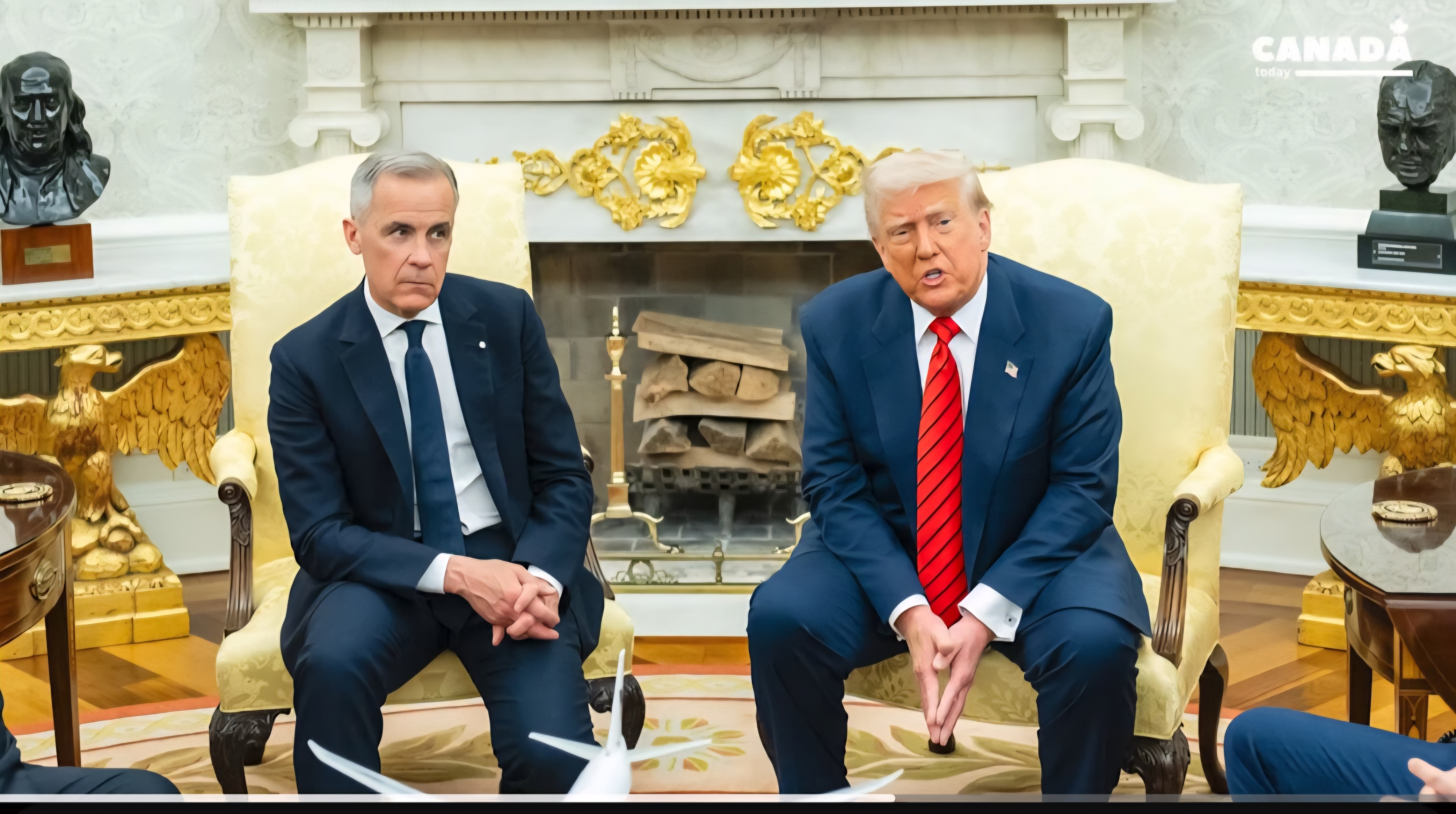DR Congo in major promotion deal with FC Barcelona
Barcelona players will have "DR Congo - Heart of Africa" emblazoned on the back of their training shirts from the start of next season, after the top Spanish football team agreed on a four-year deal with the central African country.
The partnership will reportedly cost the Democratic Republic of Congo 44m euros ($50m; £38m), although the club has not disclosed the figure it will receive.
A rebel group has seized large parts of eastern DR Congo this year, although a ceasefire has recently been agreed.
The arrangement has faced criticism from some Congolese who have questioned their government's priorities, especially as its own football league has been plagued by chronic underfunding for years.
But the authorities have defended the agreement, saying that it will help raise the profile of the country.
As part of the deal, Barcelona's Camp Nou stadium will host what the club called an "immersive exhibition... to showcase the cultural diversity and sporting tradition" of DR Congo.
The country's Sports Minister, Didier Budimbu, told BBC Focus on Africa that the agreement includes a training camp for 50 young Congolese players and 10 coaches.
Barcelona says it will also run camps for children across a range of sports, including basketball, handball and roller hockey.
DR Congo has signed similar deals with Italian side AC Milan and French team AS Monaco. Last month, Budimbu described them as part of a strategy to "reposition" DR Congo as a leader in tourism and investment opportunities.
But some think the money should rather be spent in the country.
"When you talk about tourism, it should be about things to see when people come here... for me, rather than investing that money [abroad], they should invest that money to build the country first," Muzinga Lemfu, resident of the capital, Kinshasa, told the BBC.
But another resident, Freddy Kabengele, saw the advantages of the deal and said he was happy "to show DR Congo off to the world and also to bring tourists to the country".
Since 2018, DR Congo's regional rival Rwanda has had a sponsorship deal with English side Arsenal promoting tourism in the country with the slogan "Visit Rwanda" on the sleeves of the players' shirts. French team Paris St-Germain and German side Bayern Munich have similar deals.
These have also come under fire, especially recently as Rwanda has been accused of backing rebels in DR Congo in a devastating conflict in the east, which it denies.
In February, DR Congo Foreign Minister Thérèse Kayikwamba Wagner wrote to the clubs questioning the "morality" of the arrangement.
The Rwandan government dismissed the accusations of sports-washing as a "distraction".
Some critics of the Congolese government have expressed concern that the European deals could overshadow the fighting in the east and the authorities' troubling human rights record.
In June, Rwanda and the DR Congo signed a peace deal aimed at ending decades of fighting.
In 2023, a deal that South Africa's tourism board pursued with Tottenham Hotspur did not come to fruition after complaints from the public.






